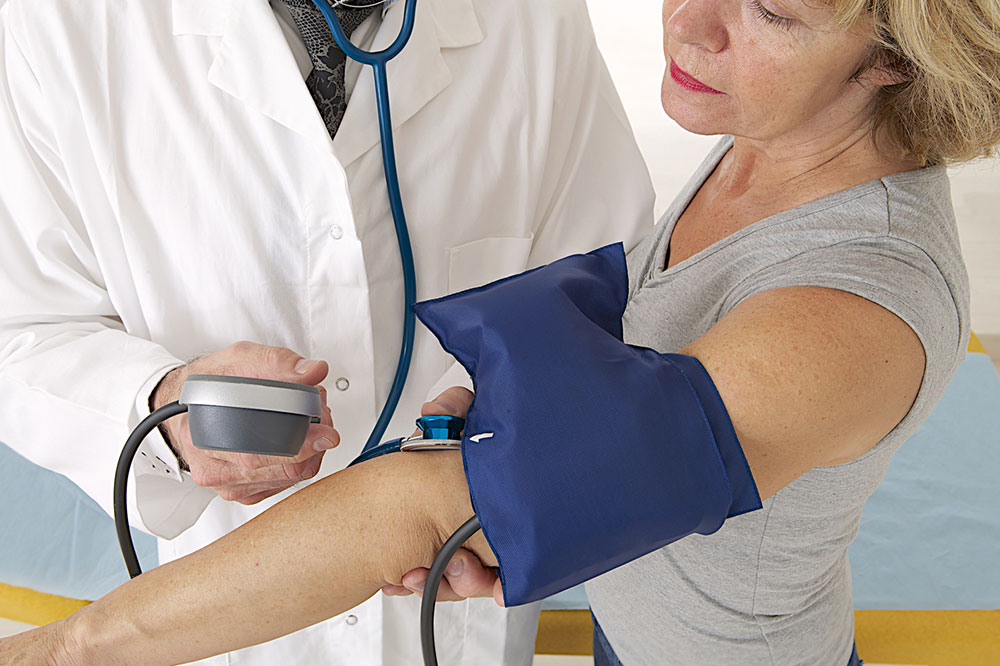
PAH – Common Symptoms and Causes
Pulmonary arterial hypertension (PAH) is becoming an increasingly difficult condition to deal with. PAH causes increased pressure on the arteries that go to the lungs from the heart. The reason could be clogged up or narrow blood vessels.
Here are some of the symptoms and causes of PAH.
Symptoms of PAH
1. Difficulty in breathing
In the list of symptoms and causes for PAH, one of the most common symptoms is breathing difficulty. As the flow of blood to the lungs slows down, the lungs struggle to provide fresh air to the body. This can lead to shortness of breath. Any kind of difficulty in breathing has to be taken seriously.
2. Chest pain
The increase in blood pressure in the arteries causes excess strain on the heart. This, in turn, leads to signs of heart conditions, like chest pain and general discomfort around the chest. The pressure of pumping blood through narrowed/blocked pulmonary arteries also causes pain around the chest.
3. Swelling in hands and legs
When suffering from PAH, there is a lot of fluid retention in the body. It results in swelling in the hands and legs. It is essential to see a doctor when this happens, especially if swelling in the hands and legs is noticed.
4. Blue fingers and lips
When the skin turns blue, it means the body is not receiving enough oxygen. In the list of symptoms and causes for PAH, this is another symptom one should not ignore.
Causes of PAH
1. Genes
In case the doctors are unable to identify what causes PAH in individuals, they may point out to genes causing the abnormality. This type of PAH is called idiopathic pulmonary hypertension.
2. Blood clots in the lungs
In the list of symptoms and causes for PAH, a common cause is the presence of blood clots in the lungs. Blood clots in the lungs can prevent the free flow of blood from the arteries to the lungs. This can result in the backflow of blood and subsequent complications.
3. Lung diseases
Certain types of lung diseases, like chronic bronchitis, pulmonary fibrosis, and emphysema, can all cause PAH in individuals. If handling these health conditions, the doctor will keep a close check on the symptoms of PAH, too.
4. Sleep apnea
About 17 to 53% of individuals with sleep apnea also develop PAH. It leads to increased pulmonary artery pressure, and this results in PAH.
If one is at risk of developing PAH because of any existing lung diseases or other health conditions, it is essential to note any changes in the body. All the above-mentioned symptoms have to be taken seriously. Make a note of all the symptoms and causes for PAH and talk to a doctor if needed.



